Audiology
Learn how to assess and manage conditions such as hearing loss, tinnitus and balance problems.
Your personal statement is an important part of your application. For many, it can seem like a daunting exercise, but in fact it’s your opportunity to show universities who you are and why you are an excellent choice for their course. To help you write a personal statement that will secure your place at your university of choice, our STEM admissions tutors have put together some top tips below.
Many people do not know what they want to do in the future – and that’s OK! Many just know they like a particular subject area and want to pursue it further. Some have wanted to pursue it since an early age or have developed an interest in it recently.
Whichever best describes you, tell us, in your own words:
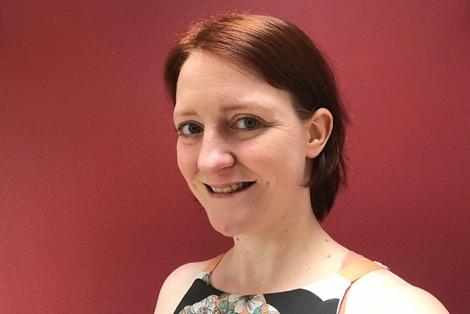
“I enjoy reading about what you think are the next big challenges that we face as a society. Understanding the role you think engineering will play in solving global problems, even before you get to the course, is extremely valuable.”
The three most important things to demonstrate: passion, motivation and enthusiasm
Back up your passion and motivation with evidence. Explain why the subject fascinates you and what engages you.
You could discuss:
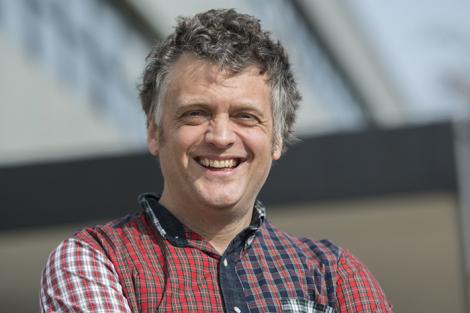
“Try to evidence your claims about yourself. i.e. rather than ‘I love physics’ write ‘My interest in physics led me to read this book or attend this lecture or take an optional physics club’. Remember you might be asked about your claims in an interview.”
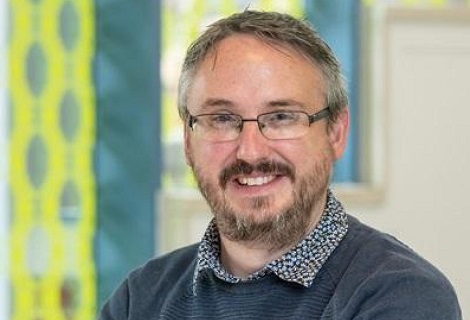
"Don’t worry if you’ve not managed to get work experience, it’s not necessary for most subjects. Instead have a think about other things you’ve done outside of school or college that demonstrate your transferable skills."
We understand that it can be difficult to get relevant work experience and it’s not usually necessary for studying most subjects at university. But you can demonstrate valuable transferable skills and experience in many environments, such as:
“Above all, tell us what you’ve done. This is much better than only talking about what interests you. This might be personal projects, or experiments with technology at home, but say something about your real experiences and how you learned from them.”
Dr Dave Millard, Director of Admissions (ECS)
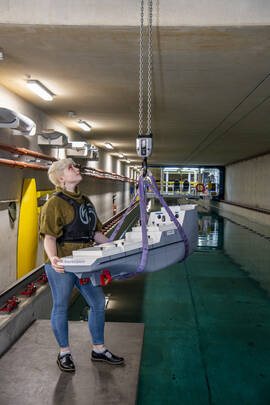
Personal statement top tips
Good luck with your application! If you’d like to discuss any aspect of your application with us, please email us at enquiry@southampton.ac.uk
Learn how to assess and manage conditions such as hearing loss, tinnitus and balance problems.
Develop an in-depth knowledge of the fundamentals of chemistry, working in outstanding facilities.
Gain sought-after skills in sustainable chemical engineering and work towards improving our environment.
From artificial intelligence and multimedia to electrical engineering and computer science, we can help meet your ambitions.
From acoustics and astronautics to civil and mechanical engineering, our wide range of courses will prepare you to lead the next generation of engineers.
Pursue your passion for physics and investigate the concepts that underpin our understanding of space, time and matter.
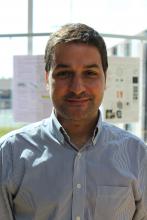
"Writing a personal statement might seem like a daunting task but it really should not be difficult. Think of your personal statement as a way for you to give us a few more details about you – about your story, your interests and your motivations. I enjoy reading through personal statements of applicants and see the diversity of stories and interests that motivate students to apply to study chemical engineering with us."
Dr Nuno Bimbo, Admissions Tutor (Chemical Engineering)